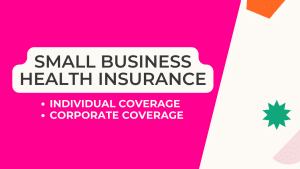You could, but should you?
We founders generate a LOT of ideas. We’re always playing with things, thinking of a better way to do it, testing ideas from our conversations. We hear an idea and think, how would I do that?
As we add more advisors into the mix, the volume of coulds and shoulds starts to multiply.
You should have an Instagram channel!
You should launch a membership program!
You should be an S-corp!
You should take a loan!
You should add a lower priced line!
You should start dating! You should go out with my cousin! (People like to help.)
The thing is, those aren’t shoulds. They’re coulds. They’re semi-educated guesses or good ideas in general. How do you know when an idea is a should for you?
Because you can’t chase every idea, nor should you. There are lots of really great ideas, but that doesn’t make them great for you.
So how do you separate could from should?
A few questions to ask yourself:
Do I want to? Frankly, if you’re not on board as CEO, this idea will be mediocre at best, no matter how awesome your partners or team. So either commit 100% with enthusiasm or do everyone a favor and give a bright, definitive NO.
Do I know this customer? Does it fit with how the customers know me? Do they want it? Unless you have a boatload of cash or an idle marketing department, your existing customers will be the first buyers of the next thing you offer. If you have an email list, a significant social media following, or a dedicated audience, you can do more things. You have a base of buyers ready to activate, and you only need a small percentage of them to buy.
If you’re looking to add your second or third thing, consider how many sales you can actually make to people you already know. And make sure the customer wants it – “I’d love it if you had a membership!” is not the same as “I will pay you $500 per month for that, charge my credit card on file.”
Can we deliver it very profitably? Now that you know somebody wants the thing, check that you can deliver it with a high enough profit. Not profitably. HIGH MARGIN. My rule: if you’ll seek out less than 20% gross margin and it’s less than a million dollar opportunity in the next 12 months, it’s a hard no. Work on ideas that have at least a 30% gross margin. Let somebody else grind. You need money to pay yourself and fund your growth.
Each CEO who has worked with me has discovered a popular product or package that would never, ever, get them where they want to go. It seemed like a good idea. People wanted it. The team was excited. But it was sucking them dry to deliver it.
The “you shoulds” have to be vetted by you, within your cost and operating structure. It’s not a should until it has numbers. If you aren’t sure how to do this, give me a call this week.
If this is our should, what other thing stays a could? Like I said, you can’t do everything. If you make this thing a should, what has to remain a could? Are you okay with that? Don’t half ass two things – they will both be mediocre. Devote both cheeks to one focused, profitable thing.
Those are my tips. Only you get to decide what’s really a should. Don’t ever let anyone should all over you. (George Michael and Wilson Phillips in one post! Come on.)



